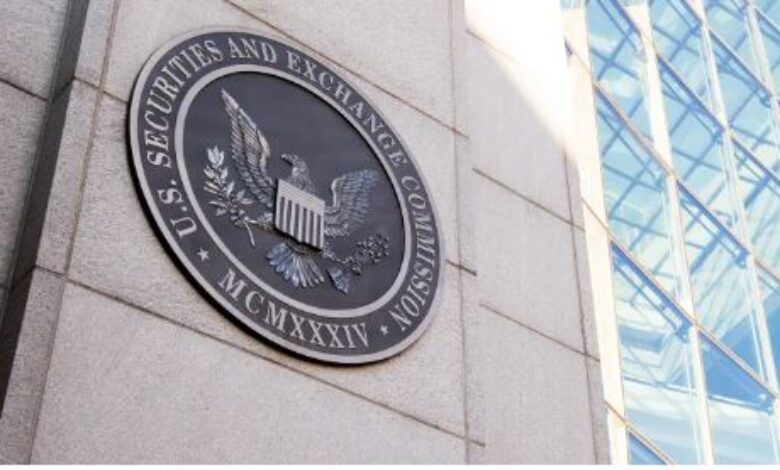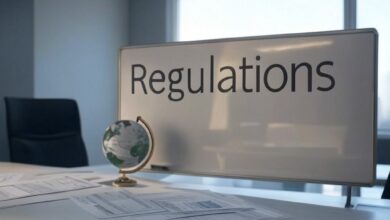a16z and DeFi Fund Urge the SEC to Establish a Safe Harbor for Decentralized App Developers

Andreessen Horowitz (a16z) and the DeFi Education Fund have formally asked the SEC to create a safe harbor that would protect developers of decentralized applications (dapps) from legal risks under securities laws—even if they work at centralized companies controlling those apps.
If adopted, the proposal would ensure that developers of popular dapps, including decentralized exchanges, NFT marketplaces, and self-custodial wallets, are not classified as broker-dealers, even if their apps facilitate tokenized securities trading.
Proposed Criteria for Safe Harbor
The proposal outlines four key requirements for apps to qualify for the safe harbor:
- The app must be non-custodial and never take control of user funds.
- Apps may provide software recommendations to optimize transactions but cannot execute them without user consent.
- Apps must avoid providing investment advice or recommendations.
- Apps should either interact only with protocols that have eliminated operational control, or demonstrate a good-faith effort toward decentralization.
The last criterion represents a potential shift in SEC policy, allowing some centralized entities to retain operational control temporarily if they pursue long-term decentralization goals and if the total value of assets remains below a certain threshold. The exact threshold was not specified in the proposal.
SEC Precedent and Developer Risks
The SEC has previously taken action against centralized developers of decentralized apps, including Consensys (MetaMask) and Uniswap Labs (Uniswap). Legal challenges focused on whether these entities acted as unregistered brokers under the Securities Exchange Act of 1934, considering their level of centralization and involvement with securities offerings.
After the start of President Donald Trump’s second term, the SEC dismissed cases against Consensys, Uniswap, and other major crypto companies. In their letter, Andreessen Horowitz and the DeFi Education Fund argued that while some dapp developers could technically fall under the broker-dealer definition, safe harbor protection should prevent these misclassifications when apps meet their outlined criteria.
“Because they are typically offchain software and products, someone—usually centralized businesses—must operate and control them,” the letter said. “Even if apps are non-custodial, it is plausible that they could engage in activities implicating risks the broker registration regime addresses.”
Protecting Innovation Without Sacrificing Security
The proposal emphasizes that forcing dapp projects to eliminate operational control prematurely could harm both investors and innovation.
“[I]f projects eliminate operational control too early, investors may be placed at risk through security or other undiscovered vulnerabilities,” the letter explained. “[Too strict an approach] could forestall innovation or subject investors to harm—a protocol developer may not be able to use an app to enable users safely.”
Context: SEC’s “Project Crypto”
The proposal aligns with the SEC and White House efforts to clarify crypto regulations. SEC Chair Paul Atkins recently unveiled Project Crypto, an initiative to provide explicit securities law guidelines, exemptions, and safe harbors for digital assets.
Amanda Tuminelli, executive director of the DeFi Education Fund, stated:
“Developers deserve clarity, and our hope in submitting this proposal is to provide front-end developers with guidelines enabling them to build without fear of being scoped into unreasonable requirements that are misaligned with the realities of the technology.”
The safe harbor proposal represents a significant push toward legal certainty for crypto developers, fostering innovation while balancing investor protection in the evolving decentralized finance ecosystem.




